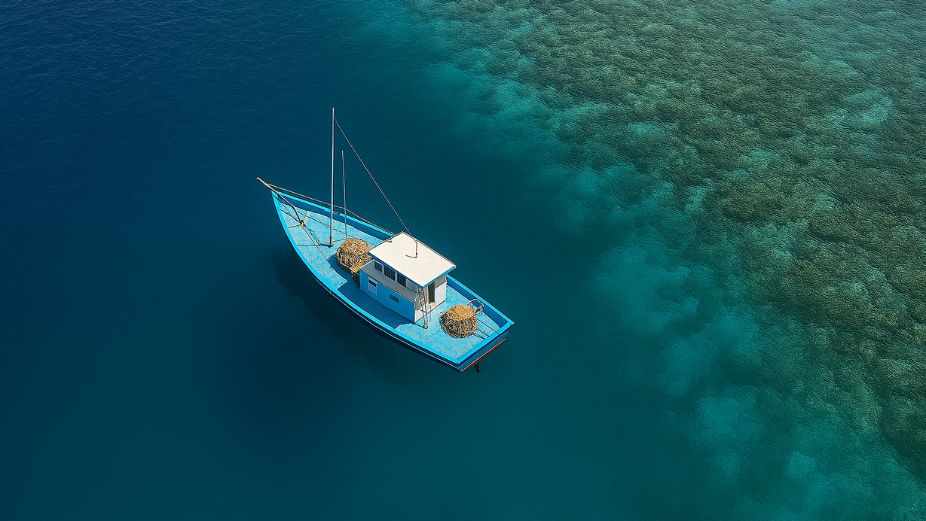
The Capital Market Development Authority (CMDA) and the United Nations Development Programme (UNDP), with support from the UK Government, have jointly unveiled a Joint Financing Facility (JFF) aimed at unlocking capital for micro, small and medium enterprises (MSMEs) operating within the Maldives’ blue economy sectors.
The facility is designed as a blended finance instrument to address persistent barriers to credit and capital access, particularly for value-added and sustainability-aligned businesses in fisheries, tourism, and marine-related services. Under the initiative, concessional finance will be made available to eligible MSMEs through two tracks: the Financial Market Track for banks and the Capital Market Track for principal advisors.
In 2024, just 1.1% of total financing in the country went to value-added businesses in these sectors, despite 6.7% of total bank lending being allocated to fisheries, primarily to service vessels. This underlines a gap in credit support for innovation, value chain improvements, and environmental sustainability. The JFF seeks to close this gap by sharing risk with financial institutions and supporting capacity development among enterprises and advisors.
The Financial Market Track allows banks to access up to MVR 300,000 in risk financing per project. Participating banks are expected to offer concessional loan products, adjusting conditions such as interest rates, equity requirements, or loan tenures. Importantly, the due diligence process remains within the remit of the financial institution, while project sustainability is assessed by the JFF based on defined eligibility criteria.
The Capital Market Track, on the other hand, enables principal advisors to secure up to MVR 500,000 in support for project preparation, with the aim of listing sustainable investment projects on the Viyana capital market platform. Advisors are responsible for identifying eligible sponsors, ensuring financial viability and ESG alignment, and guiding projects through listing processes.
Eligibility under both tracks requires businesses to be registered and operating in the Maldives for at least two years, with clear revenue models and demonstrable alignment with sectors such as sustainable fisheries, aquaculture, tourism, agriculture, port services, waste management, or clean water and sanitation. Environmental and social risk management standards will be applied to all projects considered under the facility.
The Joint Financing Facility represents a broader effort by the Maldivian government and its partners to embed sustainability into the financial system while enabling MSMEs to participate in the transition to a blue and inclusive economy.












